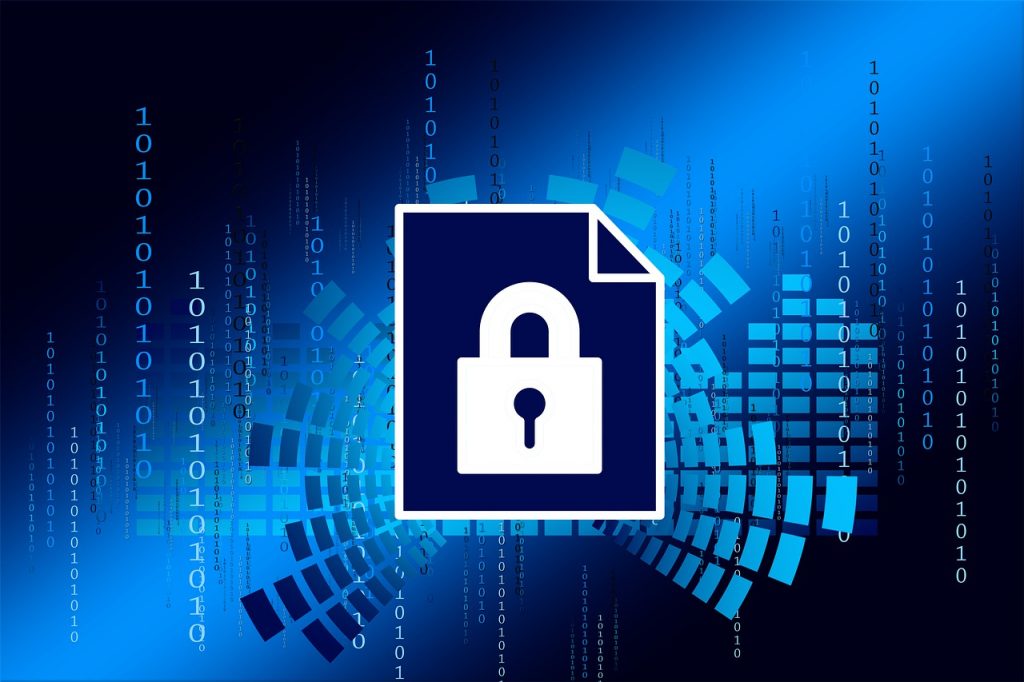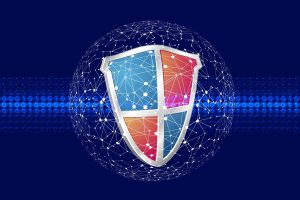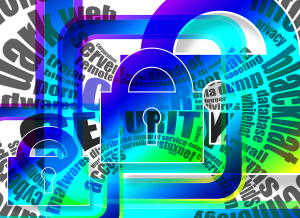Keeping Your Data Safe: Essential Online Security Tips

In our increasingly digital world, maintaining proper online security is crucial for protecting your sensitive personal and financial information. With rising cyber threats like hacking, identity theft, and online scams, taking proactive steps to safeguard your data is more essential than ever. This essay first provides an overview of common online dangers and the value of prioritizing security. Next, it offers actionable tips in key areas like passwords, malware protection, public Wi-Fi, online shopping, social media, and more. Following cybersecurity best practices helps minimize risks and keep your data safe from constantly evolving threats.
The Growing Importance of Online Security
As life has shifted more fully online over the past decades, from working remotely to managing finances via apps, our valuable personal data faces greater risks. Hackers and cybercriminals work non-stop to access private information using sophisticated tools and social engineering tactics. Lax security makes an easy target.
Poor online security hygiene can lead to several severe consequences. Hackers can drain financial accounts, steal identities to commit fraud, or hijack email and social media profiles for scams. Companies that suffer data breaches may expose your information publicly or on the dark web. Malware infections can let attackers remotely monitor your activities through cameras and microphones.
Additionally, lax security undermines privacy when personal information is collected covertly by sites and advertisers. Failing to protect data also risks compliance violations and legal repercussions. These issues showcase why data security deserves focus in our daily lives.
The good news is that improving basic security habits can thwart most attacks. Implementing stronger passwords, updating software, avoiding scams, and monitoring your information supply layers of protection. Vigilance and proactive precautions go a long way online.
Essential Tips for Securing Your Data
Here are critical action steps everyone should take to lock down their data security:
Use Strong, Unique Passwords The easiest way for hackers to breach accounts is by guessing weak passwords. To create strong ones, use unpredictable phrases at least 12 characters long combining upper and lower case letters, numbers, and symbols. Using a unique password for every account limits damage from any single breach.
Consider using a password manager app to securely generate and store passwords. Enable two-factor authentication (2FA) wherever possible for an added layer of login protection. 2FA requires providing your password plus confirming your identity like entering a code texted to your phone.
Keep Software Updated Hackers exploit known software vulnerabilities, so prompt updates are vital. Enable auto-updates on your operating system, browser, apps, and security tools whenever available. Check for and manually install updates at least weekly if not set to automatic. Updates often patch security flaws and performance issues.
Use Antivirus and Firewall Protection Malware like viruses, trojans, spyware, and ransomware pose increasing risks. Install a reputable antivirus program to scan for and remove malicious code and threats. Use a firewall to monitor network traffic and block unauthorized access attempts. Keep these protections active and update them regularly.
Think Before Clicking Links Using deceitful links is the most common way scammers access accounts and systems. Never click unfamiliar links in emails, messages, or ads. Check the actual URL before proceeding. Be especially wary of shortened links obscuring the destination. Confirm the legitimacy of any login page or download prompt before entering information.
Shop Only on Secure Sites When shopping online, only use sites that begin with “https://” and have a padlock icon by the URL. This confirms an encrypted connection for securely entering payment details. Beware fake lookalike stores with slightly misspelled names. Check reviews and consult the Better Business Bureau when using unfamiliar sites.
Avoid Public Wi-Fi for Sensitive Tasks Public Wi-Fi hotspots in places like cafes have minimal security controls. Hackers can more easily intercept data on public networks using spoofing tactics. Never access financial accounts or share private data unless absolutely necessary. Use VPN services to encrypt communications if you must use public networks.
Limit Personal Info Sharing Restrain how much personal information you share publicly online or provide to companies. This limits exposure if databases are breached. Maintain social media privacy settings to avoid sharing details broadly. Review privacy policies to understand how businesses may use and share any data collected from you. Share no more than essential.
Secure Mobile Devices Enable password or fingerprint locking on mobile devices for an added barrier if they are lost or stolen. Install a reputable mobile security app to scan for malware. Disable Bluetooth and NFC connectivity when not needed to prevent data interception or device tracking. Delete texts or emails containing sensitive details after use.
Monitor Financial Accounts Routinely check bank, credit card, and other financial statements for any suspicious charges indicating possible identity theft. Immediately report unauthorized transactions to institutions. Sign up for account alerts to be notified immediately of payment attempts over a chosen dollar amount.
Check Credit Reports
Your credit report provides details on existing accounts and credit inquiries from applications. Review reports from Equifax, TransUnion, and Experian annually for accounts you don’t recognize as potential identity theft indicators. Checking reports also helps spot and dispute any errors.
Destroy Sensitive Documents When disposing of paper records containing confidential details, use a cross-cut shredder rather than just trashing them. This helps prevent criminals from piecing documents back together from trash. Similarly, physically destroy old hard drives and storage media when disposing them rather than just deleting files.
Practice General Caution Online Apart from these tips, maintaining sound judgment about sharing information and assessing risks helps keep data secure. If an offer seems too good to be true, it likely is. Avoid oversharing on social media. Seek advice when unsure about using unfamiliar sites or services that require submitting data. Stay vigilant!
Choosing Security Software
A key part of protecting your online presence is choosing appropriate security software tailored to your needs:
• Select antivirus software with high malware detection rates confirmed by independent testing authorities like AV-Test. Look for low system impact scores showing lightweight resource consumption.
• Evaluate virtual private network (VPN) providers based on server networks, connection speeds, supported devices, and commitment to protecting user privacy.
• For password managers, seek encrypted local storage rather than web-based storage, along with autofill and password sharing capabilities.
• Read firewall reviews to compare effectiveness ratings and ease of customizing filtering rules to ward off attacks while permitting legitimate network traffic.
• Consider bundled suites providing antivirus, VPN, firewall, password manager, and other tools in a single subscription for value and convenience.
As with any software, check reviews and free trial offers when possible to gauge real-world usefulness before committing to purchases.
Maintaining Ongoing Vigilance
Consistently following strong security practices requires an attentive, proactive mindset given today’s threat landscape. Here are final tips for maintaining focus:
• Periodically review and revamp passwords, account settings, and software tools as hacking techniques evolve. Avoid becoming complacent.
• Be wary of phishing attempts to collect personal information through emails, phone calls, or messages from scammers impersonating legitimate businesses. Verify identities.
• Monitor financial and credit reports closely for signs of misuse of your identity. Report discrepancies without delay. Sign up for breach notifications.
• Research major cyber threats in the news to understand current tactics attackers use and how to protect yourself accordingly.
• Educate family members, particularly children, about practicing secure online habits to avoid being the weak link that compromises the household.
• Consider enrolling in professional cybersecurity training courses to take your knowledge to the next level with technical insights.
From escalating hacking to privacy erosion, maintaining robust online security is more crucial than ever in the digital age. But conscientious precautions like strong passwords, updated software, secure connections, limited sharing, and financial vigilance substantially reduce the risks. Pairing smart security habits with advanced protective tools like antivirus and VPN creates layered defenses. With focus and prudence, citizens can confidently harness the online world’s opportunities while keeping valued personal data locked down and safe from threats. Consistent vigilance and proactive learning are key to navigation the web securely.








